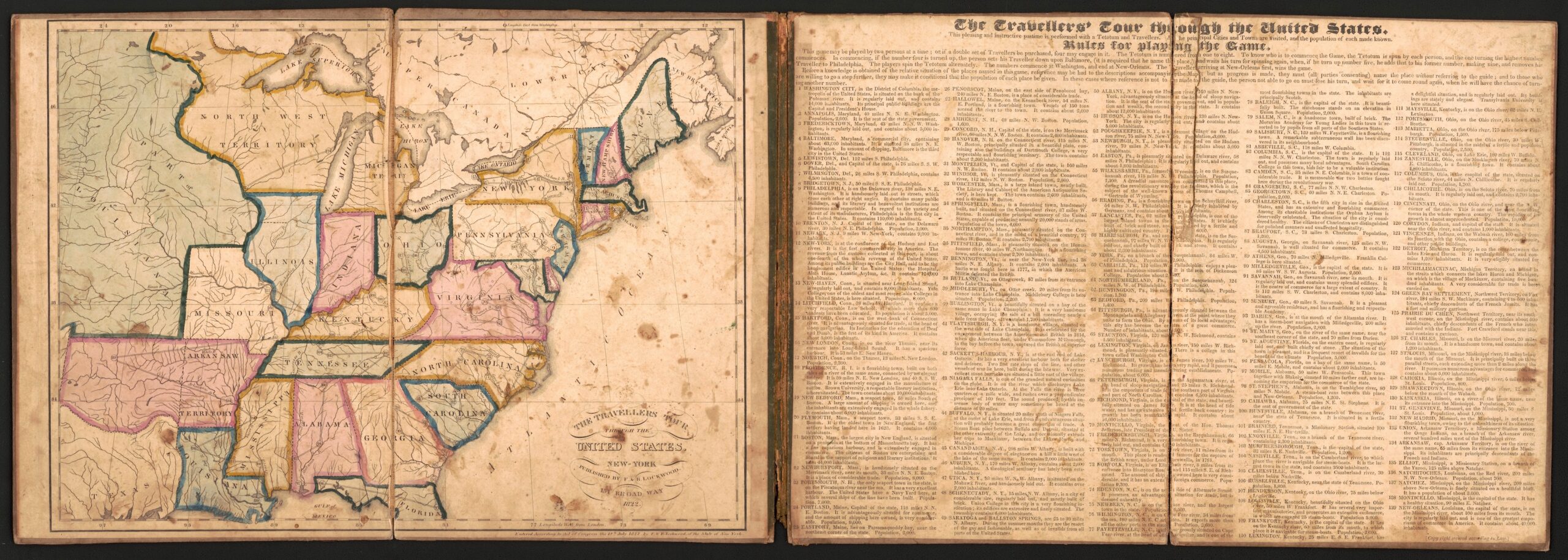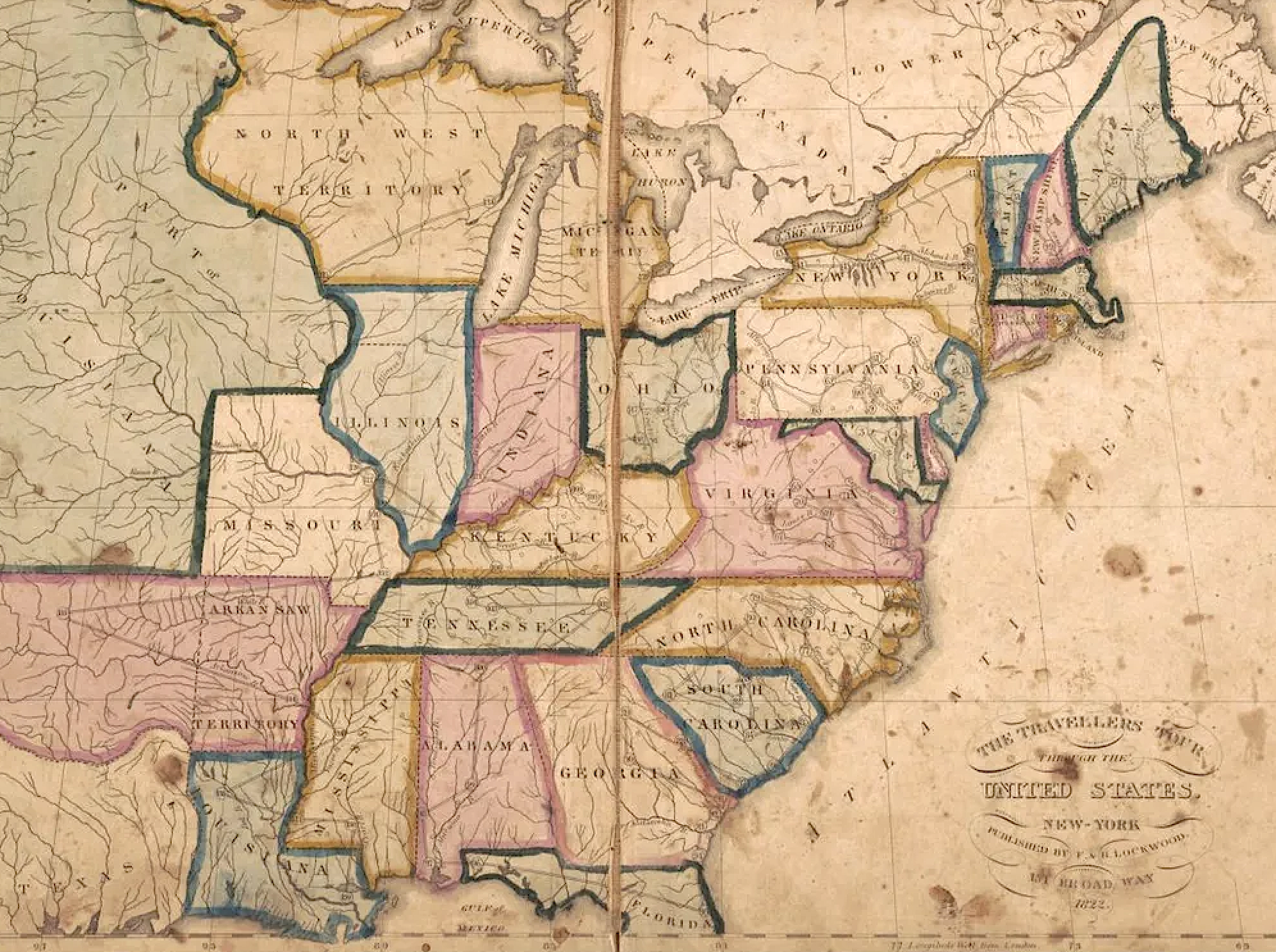[Most Recent Entries] [Calendar View]
Tuesday, September 3rd, 2024
| Time | Event |
| 8:45a | The Night Frank Zappa Jammed With Pink Floyd … and Captain Beefheart Too (Belgium, 1969) Recently an older musician acquaintance told me he never “got into ‘Interstellar Overdrive’ and all that,” referring to the “first major space jam” of Pink Floyd’s career and the subsequent explosion of space rock bands. I found myself a little taken aback. Though I was born too late to be there, I’ve come to see “’Interstellar Overdrive’ and all that” as one of the most interesting things about the end of the sixties—the coming of Captain Beefheart and the Magic Band, of The Soft Machine, of Hawkwind and other psychedelic warriors. Too oft overlooked in the popular Woodstock/Altamont binary shorthand for fin-de-sixties rock and roll, these bands’ brand of prog/jazz/blues/psych-rock experimentalism got its due in Amougies, Belgium, in a 1969 festival meant as Europe’s answer to the three-day “Aquarian exposition” staged in upstate New York that same year. Sponsored by Paris magazine Actuel, “The Actuel Rock Festival” featured all of the bands mentioned above (except Hawkwind), along with Yes, Pharoah Sanders, Don Cherry, and many more. MC’ing the event, and serving as Beefheart’s manager, was none other than impresario of weird himself, Frank Zappa, who sat in with Floyd on “Interstellar Overdrive,” bringing his considerable lead guitar prowess to their dark, descending instrumental. Just above, hear that Zappa/Floyd performance of the song. The live audio recording is fuzzy and a bit hollow, but the playing comes through perfectly clear. Zappa, in fact, jammed with nearly all the artists on the roster, though only a few recordings have surfaced, like this one from an audience member. Of their collaboration, Pink Floyd drummer Nick Mason said in 1973, “Frank Zappa is really one of those rare musicians that can play with us. The little he did in Amougies was terribly correct.” I think you’ll agree. Dangerous Minds records many of Zappa’s recollections of the event, including a characteristically sardonic account he gave in an interview with The Simpsons’ Matt Groening in which he complains of feeling “like Linda McCartney” and about the scourge of “slumbering euro-hippies.” Zappa apparently did not remember jamming with Floyd but “the photos don’t lie and neither does the recording.” He does recall playing with Captain Beefheart, who says he himself “enjoyed it.” You can hear Beefheart’s set with Zappa above. According to a biography of founding Pink Floyd singer and guitarist Syd Barrett—gone by the time of the festival—footage of the Zappa/Floyd jam exists, part of an unreleased documentary of the event by Gerome Laperrousaz. That film has yet to surface, it seems, but we do have the film above—slipping between black-and-white and color—of Pink Floyd playing “Green is the Colour,” “Careful With That Axe, Eugene,” and “Set the Controls For the Heart of the Sun.” It’s a must-watch if only for Roger Waters’ bone-chilling screams in the second song. The festival is notable not only for these early performances of the newly Gilmour-fronted Pink Floyd, but also for the appearance of Aynsley Dunbar, future Zappa drummer and journeyman musician extraordinaire. Allegedly Zappa met Dunbar at the festival and was quite impressed with the latter’s jazz chops (though Dunbar first joined Zappa’s band on guitar before moving to drums). You can hear Zappa jam with his eventual star drummer’s band, Aynsley Dunbar’s Retaliation, above. Related Content: Animated: Frank Zappa on Why the Culturally-Bereft United States Is So Susceptible to Fads (1971) Watch Frank Zappa Play Michael Nesmith (RIP) on The Monkees–and Vice Versa (1967) Psychedelic Scenes of Pink Floyd’s Early Days with Syd Barrett, 1967 Josh Jones is a writer and musician based in Durham, NC. Follow him at @jdmagness.
|
| 9:00a | Behold the First American Board Game, Travellers’ Tour Through the United States (1822)
Asked to name a classic American board game, most of us would first think of Monopoly, whose imagery and verbiage — Park Place, Rich Uncle Pennybags, “Do not pass go” — has worked its way deep into the culture since Parker Brothers brought it to market in 1935. Despite that, it isn’t the oldest American board game: that honor goes to Travellers’ Tour Through the United States, which came out more than a century earlier, in 1822. Whereas Monopoly teaches its players about real-estate values in Depression-era Atlantic City (as well as a thing or two about capitalism), the older game took a larger subject for its educational ambitions: the whole of the United States of America. Of course, that whole was a lot smaller back in 1822, the year after Missouri became the 24th state. Travellers’ Tour Through the United States presents its two-to-four players with the task of traversing the young country, beginning in Washington and ending in New Orleans. This is done by spinning something called a “teetotum,” a kind of hybrid between a top and a die, designed to hedge against the sinful associations of gambling. The player then moves ahead according to the distance shown on the teetotum, but must name the unlabeled city on which they’ve landed — and, in a more challenging variation, guess its population — in order to remain there. As they move their pieces across the country, players can also read the included descriptions of each city, town, and region through which they pass. “Promoting the value of education, the game highlights institutions of learning,” writes Smithsonian.com’s Matthew Wynn Sivils. “Philadelphia’s ‘literary and benevolent institutions are numerous and respectable.’ Providence boasts ‘Brown University, a respectable literary institution.’ ” Making their way south, “players learn about Richmond’s ‘fertile backcountry’ and the ‘polished manners and unaffected hospitality’ of the citizens of Charleston. Savannah ‘contains many splendid edifices’ and Columbia’s ‘South Carolina College … bids fair to be a valuable institution.’ ”
As clear-eyed descriptions of the United States in the early nineteenth century, these fall somewhat short of Tocqueville — but then, they were written almost a decade before Alexis de Tocqueville set foot in America. Not only did the country still have much expansion across the continent left to do, it had amassed but a fraction of the power and influence it would go on to do in the twentieth century. However compelling a spectacle the U.S. had become to foreign observers, it must have inspired among its own people an even stronger yearning to understand its nature, and therefore its future — a yearning the makers of Travellers’ Tour Through the United States clearly hoped would motivate sales. As a product, it seems not to have been successful, but as an idea, it lives on more than 200 years later in the form of the great American road trip. Related content: The Fear and Loathing in Las Vegas Board Game, Inspired by Hunter S. Thompson’s Rollicking Novel A Brief History of the Great American Road Trip Based in Seoul, Colin Marshall writes and broadcasts on cities, language, and culture. His projects include the Substack newsletter Books on Cities and the book The Stateless City: a Walk through 21st-Century Los Angeles. Follow him on Twitter at @colinmarshall or on Facebook. |
| << Previous Day |
2024/09/03 [Calendar] |
Next Day >> |






